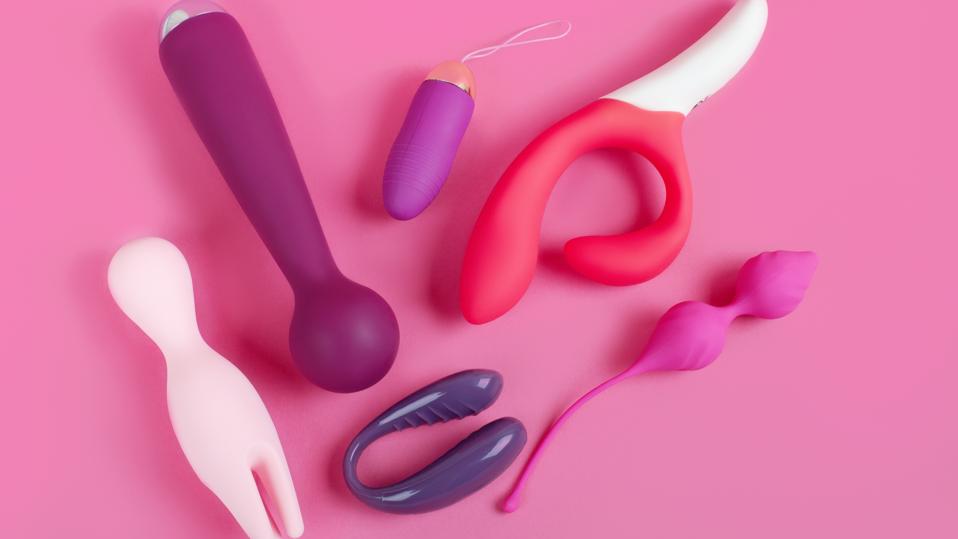The act of masturbation comes with moral and societal baggage, forcing us to judge ourselves. Here are two things you should know about masturbation to rid yourself of that burden.
getty
Few subjects generate as much noise, and give as little clarity, as masturbation. Everyone has heard something about it, yet so much of what circulates is half-truth, moral panic or hearsay dressed up as science.
You’ll find it blamed for everything from acne to laziness, hailed as a cure for anxiety all the while being condemned as a sin. It’s an act that sits at the intersection of biology, culture and belief, and that makes it easy for misinformation to thrive.
However, silence isn’t the answer either. The less we talk about masturbation, the more room there is for shame and distortion. Surveys consistently show that people across cultures carry deep guilt and confusion about their solo sexual behavior.
In a 2017 study, over 70% of male medical students from Egypt reported feeling guilt after masturbating, and more than half believed it could harm their future sexual performance. Those were young adults training to become doctors — people who would eventually counsel others about the human body.
That’s why psychological and sexual-health research is so valuable here. It doesn’t moralize or mythologize. It simply measures and, in doing so, helps us see what’s actually true about this private, universal and often misunderstood part of human sexuality.
Below are two findings that may challenge what you think you know about your masturbation habits, and perhaps, what you think they say about you.
1. Masturbation Is An Unreliable Narrator Of Your Story
Our minds, consciously or unconsciously, treat how often someone masturbates as a window into one’s psyche. If it’s frequent, we might infer restlessness or high libido. If it’s rare, we might suspect repression, low desire or lack of self-connection.
Positive assumptions exist as well. Notions linking frequent masturbation to confidence and sexual liberation, and infrequency to discipline and balance have also been popularized by social media.
But research suggests that masturbation frequency is an unreliable storyteller. In fact, it tells us surprisingly little about a person’s sexual well-being on its own. Take, for instance, a large Norwegian study published in 2022 that looked at over 4,000 adults. The researchers found four distinct clusters of people:
- People who masturbate frequently and are satisfied
- People who rarely masturbate and are satisfied
- People who masturbate frequently but feel dissatisfied
- People who rarely masturbate and feel dissatisfied.
In other words, there was no single pattern linking frequency to sexual health or happiness. Context, whether emotional, relational or cultural, is likely what tells the real story.
A 2025 longitudinal study published in the The Journal of Sex Research followed more than 2,500 participants from adolescence to middle adulthood. The results showed that men’s masturbation frequency remained largely stable over time, while women’s increased through their 20s and peaked in their early 30s, before tapering slightly.
Importantly, and especially for women, this pattern wasn’t tied to relationship status or sexual activity. It was an autonomous behavior: less about filling a gap in partnered sex and more about maintaining a personal relationship with one’s own body.
Contrast that with data from Malaysia, where religious and cultural norms are more restrictive. In this 2023 Sexuality & Culture study, masturbation frequency was correlated not only with sexual satisfaction, but also with increased anxiety and depressive symptoms, depending on gender and religiosity.
What’s empowering in one context can be highly distressing in another. In this sense, masturbation habits can’t be cleanly mapped onto psychological health without considering the environment that shapes them. Two people might masturbate at the same frequency but for entirely different psychological reasons. One can do it for pleasure and connection; another can do it to relieve stress or self-punishment.
When viewed this way, masturbation becomes less a moral or diagnostic indicator and more a behavioral variable.
2. How You Feel After Masturbation Matters
Emotions are the missing piece in most conversations about solo sex. In the Norwegian study I mentioned earlier, the researchers discovered that the same behavior could mean very different things depending on the emotional context that surrounds it.
People who masturbated frequently but felt satisfied tended to describe their sexual lives as expressive and self-aware. In stark contrast, those who masturbated frequently but felt dissatisfied reported more guilt, self-criticism or even a sense of compulsion.
These patterns mirror what ample research has found in more conservative cultures. In the Egyptian study, for instance, most students reported wanting to stop masturbating, but not because of physical harm. The desire was actually fueled by guilt and internal conflict. In Malaysia, participants’ emotional responses are again what determined whether masturbation was linked to well-being or distress.
This suggests that the emotional aftermath of masturbation — relief, guilt, neutrality, empowerment — functions as a kind of psychological barometer. It reflects how you relate to your own desire, body and self-image.
Just as guilt after masturbation can arise from many sources (religious conditioning, perfectionism, unresolved shame about sexuality or depressive rumination), so can post-maturbation joy (self-knowledge, stress release, pure pleasure or bodily acceptance). The emotions that follow the act are more revealing than the act itself. They tell us whether our sexual self-relation is grounded in curiosity or criticism.
If we were to take these insights into a therapist’s office, two clients could easily describe identical behaviors but inhabit radically different emotional worlds. One might see masturbation as an act of care or a moment of autonomy. The other might experience it as a failure of control or a trigger for shame. The difference between the two isn’t what they did; it’s how they felt afterward, and what those feelings revealed about their relationship with the self.
If you want to learn something about your own sexuality, don’t ask yourself things like, “How often do I do this?” The better question would be: “How do I feel when I do it?” Your answer can give you insight into the roles pleasure, guilt and agency play in your life.
Masturbation is talked about more today than ever before — in podcasts, memes, health blogs and therapy rooms. And yet, our understanding of it often swings between extremes.
The act of self-pleasure, however, is neither a problem to be solved nor a badge of enlightenment. It’s a personal habit, like any other, that co-exists with other aspects of our self and our society. The worst thing we can do is to flatten those meanings into moral categories.
So, the next time you find yourself worrying about your masturbation habits, pause and remind yourself that what you understand will always depend on the angle you’re viewing them from.
If you’re curious about what your sexual attitudes might reveal about your inner world, you can take the science-backed Brief Sexual Attitudes Scale to get a window into how your beliefs shape your sexual habits, including masturbation.









